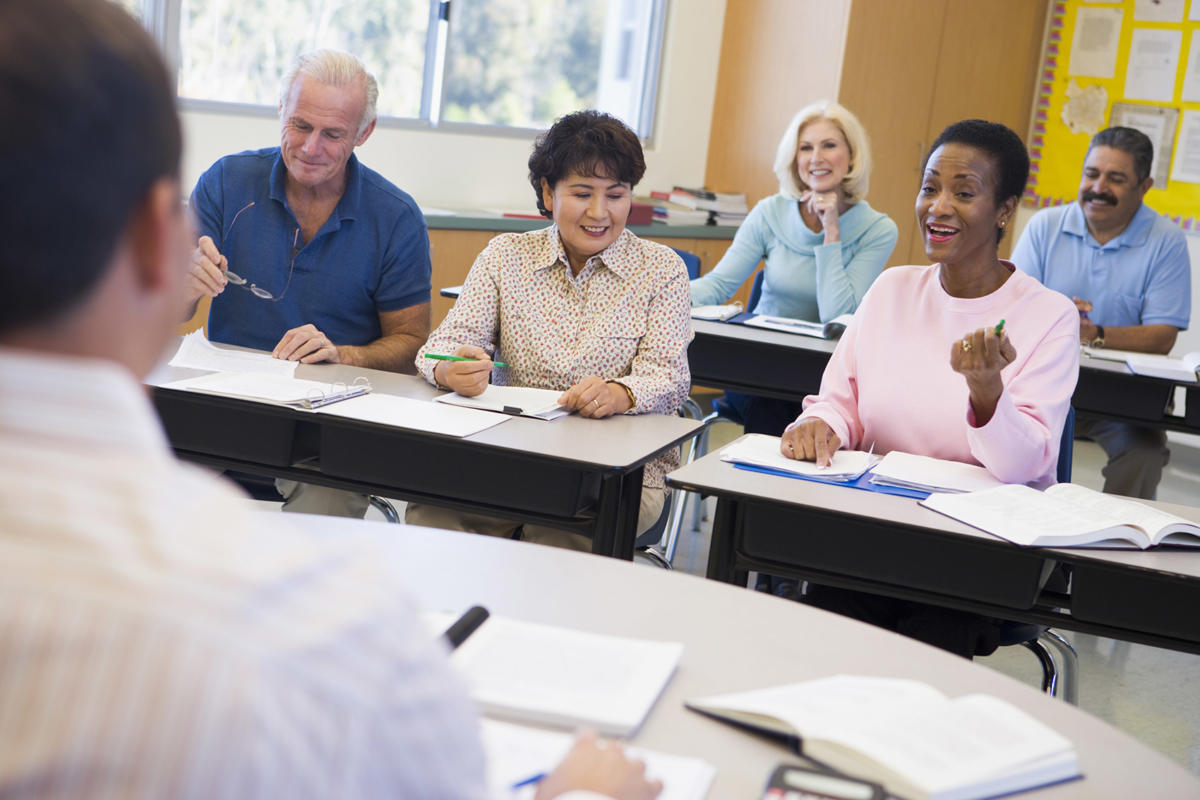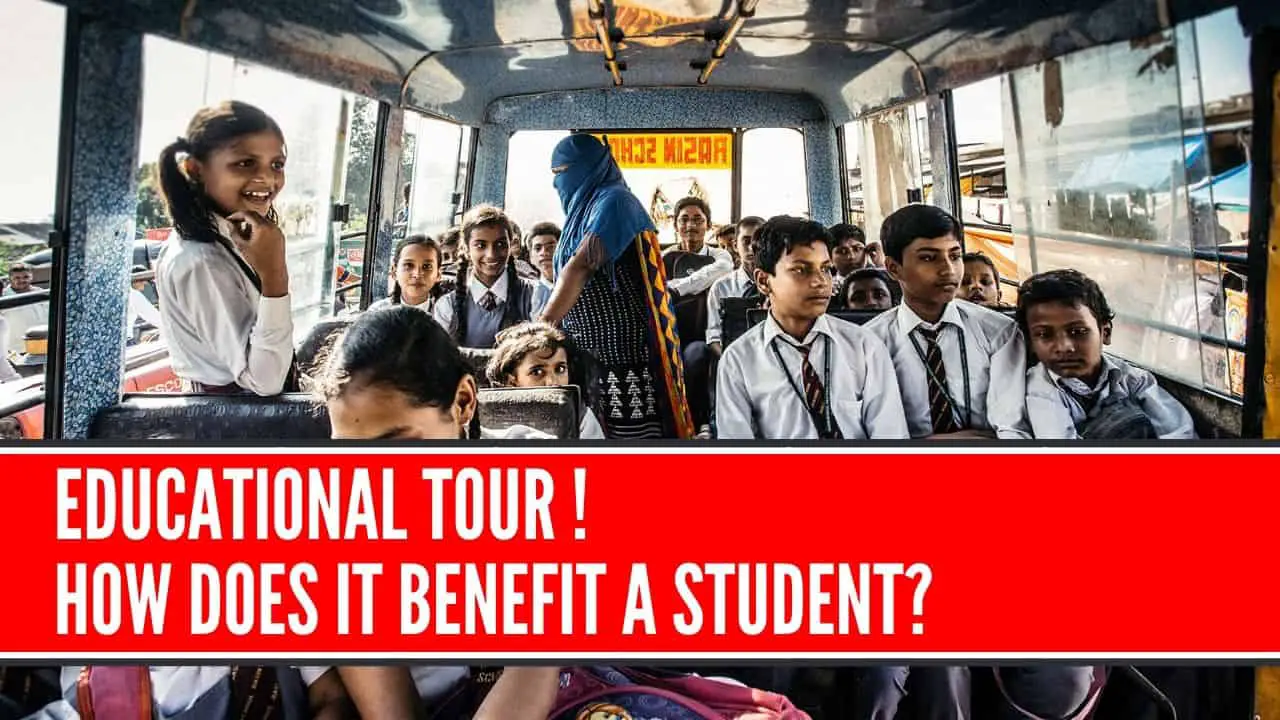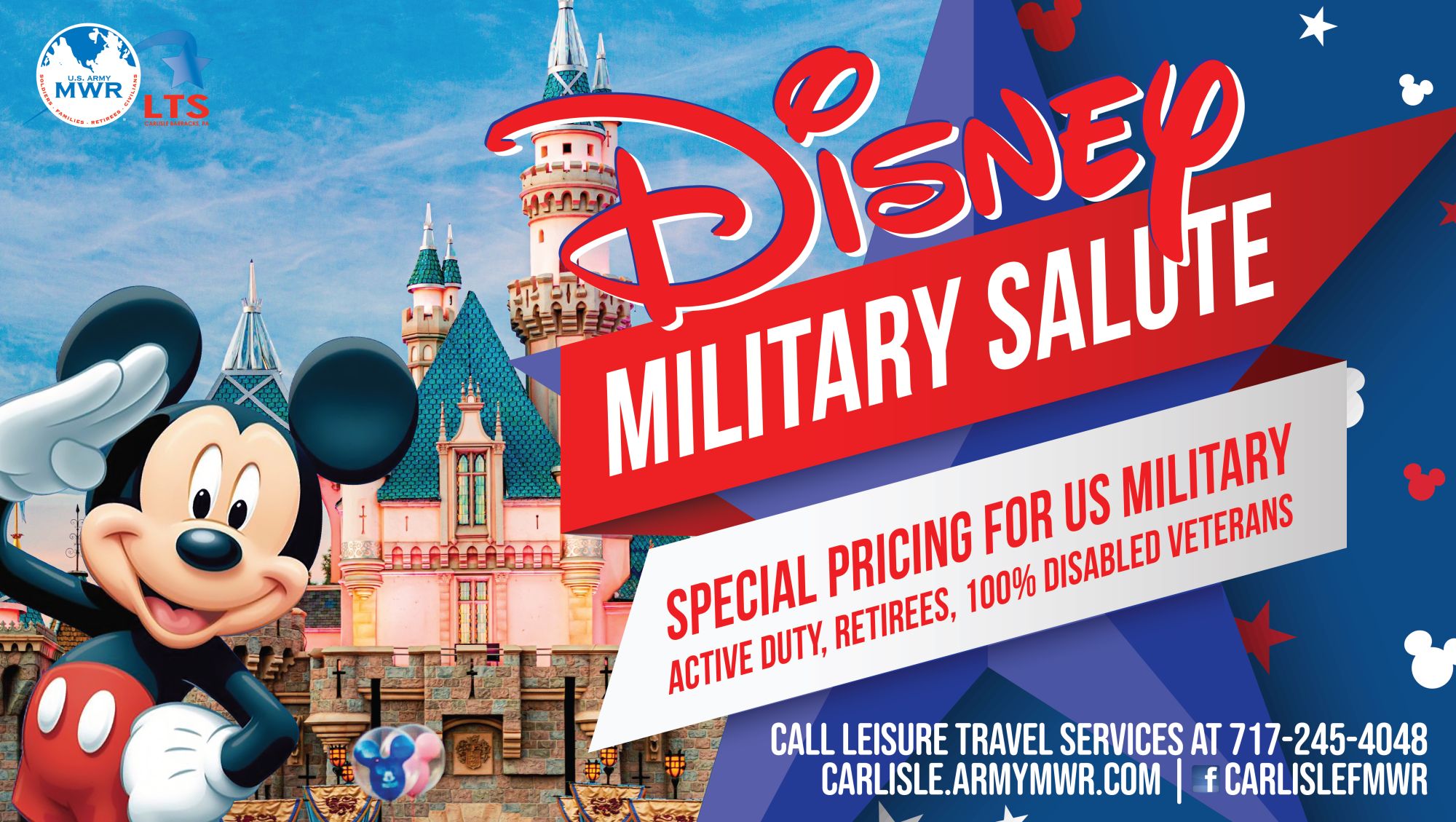Educational tours for adults are experiencing a surge in popularity, offering a unique blend of learning and leisure. These immersive experiences cater to a diverse range of interests and learning styles, moving beyond traditional classroom settings to provide engaging and enriching opportunities for personal and professional growth. From historical explorations to culinary adventures, these tours offer a chance to delve deeper into specific topics while experiencing new cultures and environments.
The market for adult educational tours is segmented by age, income, and educational background, influencing the design and marketing of these experiences. Understanding these demographics is crucial for tour operators to craft itineraries and marketing campaigns that resonate with specific target audiences. Popular destinations and themes range widely, reflecting the diverse interests of adult learners. Careful consideration of logistics, curriculum design, and effective teaching methods are essential for creating a successful and memorable educational tour.
Popular Destinations and Themes for Adult Educational Tours
The global educational tourism market is booming, with adults increasingly seeking enriching travel experiences that combine leisure with learning. This surge reflects a growing desire for personal growth, cultural immersion, and the exploration of specific interests beyond traditional vacation models. Factors such as increased disposable income and a greater emphasis on lifelong learning contribute to this trend.
The selection of a destination and tour theme is influenced by a complex interplay of factors. Accessibility, including ease of travel and on-site navigation, is crucial. Cost considerations, encompassing airfare, accommodation, tour fees, and incidental expenses, significantly impact decision-making. Finally, the promise of unique and memorable experiences – opportunities not readily available elsewhere – often serves as the ultimate deciding factor.
Popular Destinations for Adult Educational Tours
Several destinations consistently attract a significant number of adult educational travelers due to their rich history, cultural significance, natural beauty, or combination thereof.
Finish your research with information from aarp trips.
- Italy: Rome, Florence, and Venice offer unparalleled access to classical art, architecture, and history. The country’s culinary scene adds another layer of attraction for food enthusiasts.
- Greece: Ancient ruins, idyllic islands, and a vibrant culture make Greece a prime destination for history buffs and those seeking a Mediterranean escape. The exploration of archaeological sites like the Acropolis offers a unique learning opportunity.
- Peru: The Inca Trail to Machu Picchu and the stunning landscapes of the Andes Mountains attract adventure seekers and those interested in ancient civilizations. The country’s diverse ecosystems and indigenous cultures provide a rich tapestry of learning experiences.
- Egypt: The pyramids, temples, and tombs of ancient Egypt offer a captivating journey through history. Educational tours often include visits to archaeological sites and museums, providing insights into pharaonic civilization.
- Japan: A blend of ancient traditions and modern technology, Japan appeals to a wide range of interests. Tours often explore traditional arts, Zen gardens, and bustling cities, offering a fascinating contrast between old and new.
Thematic Focus of Adult Educational Tours
Educational tours cater to a diverse range of interests, offering specialized experiences tailored to specific passions.
- History Tours: These tours delve into significant historical events, figures, and locations, often involving visits to museums, battlefields, or ancient ruins. Examples include tours focusing on the Roman Empire, the American Civil War, or the World Wars.
- Art Tours: These tours explore the world of art, including visits to galleries, museums, and artist studios. Focus areas might range from Renaissance masterpieces to contemporary art movements, with opportunities to engage with art critics and historians.
- Nature Tours: These tours emphasize the exploration of natural environments, focusing on wildlife observation, hiking, and learning about ecosystems. Destinations might include national parks, rainforests, or other areas of exceptional natural beauty.
- Culinary Tours: These tours combine travel with gastronomic experiences, focusing on local cuisine, cooking classes, and visits to vineyards or farms. Participants learn about regional food traditions and culinary techniques.
- Cultural Tours: These tours immerse participants in the local culture of a destination, exploring traditions, customs, and lifestyles. Activities might include attending local festivals, interacting with community members, and learning traditional crafts.
Curriculum Design and Educational Content: Educational Tours For Adults

Crafting compelling educational tours for adults requires a meticulous approach to curriculum design and content delivery. A well-structured itinerary, engaging teaching methods, and interactive activities are crucial for fostering a rich learning experience that goes beyond simple sightseeing. The focus should always be on facilitating meaningful engagement and knowledge retention.
Sample Three-Day Itinerary: The Renaissance in Florence
This itinerary focuses on the Italian Renaissance, exploring its art, architecture, and cultural impact through immersive experiences in Florence.
| Day | Activity | Learning Objectives | Speaker/Expert |
|---|---|---|---|
| Day 1 | Morning: Guided walking tour of the Duomo, Baptistery, and Giotto’s Campanile. Afternoon: Visit to the Accademia Gallery to view Michelangelo’s David and collections of paintings by Florentine artists. Evening: Lecture on Renaissance art and architecture. | Understand the architectural innovations of the Florentine Renaissance; Identify key artistic styles and techniques of the period; Appreciate the cultural significance of the Duomo complex. | Dr. Isabella Rossi, Art Historian, University of Florence |
| Day 2 | Morning: Visit to the Uffizi Gallery, focusing on masterpieces of the Renaissance. Afternoon: Workshop on Renaissance painting techniques (hands-on activity). Evening: Dinner and discussion with a Renaissance scholar on the social and political context of the era. | Analyze major works of Renaissance art; Develop practical understanding of Renaissance artistic techniques; Understand the social and political landscape of Renaissance Florence. | Professor Lorenzo Medici, Renaissance History Expert, University of Siena; Maestro Giovanni Bellini, Art Restoration Expert |
| Day 3 | Morning: Exploration of the Palazzo Pitti and Boboli Gardens. Afternoon: Visit to a local artisan workshop to witness traditional craft techniques. Evening: Farewell dinner and reflection on the tour’s learning outcomes. | Appreciate the evolution of Renaissance architecture and garden design; Understand the role of craftsmanship in Renaissance society; Synthesize key learning points from the tour. | Architect Alessandro Conti; Artisan Marco Rossi |
Effective Teaching Methods for Adult Learners
Adult learners benefit from methods that respect their prior knowledge and experience. Engaging them actively in the learning process is key. Experiential learning, where participants actively participate in the learning process, significantly increases knowledge retention and satisfaction. This approach leverages the adults’ life experiences and promotes deeper understanding through active participation. Lectures should be concise and interspersed with interactive elements to maintain engagement.
Interactive Activities to Enhance Learning
Interactive activities are essential for keeping adult learners engaged and facilitating knowledge retention. They provide opportunities for active participation and collaborative learning.
- Guided discussions and Q&A sessions: These encourage active participation and knowledge sharing among participants and the experts.
- Hands-on workshops: Experiential learning through practical activities, such as the painting workshop in the itinerary, strengthens understanding and memory.
- Role-playing exercises: Participants can assume the roles of historical figures, enhancing their understanding of the period’s context and challenges.
- Group projects and presentations: Collaborative work encourages teamwork and deeper engagement with the material. This could involve analyzing a specific artwork or researching a particular aspect of the Renaissance.
- Interactive maps and timelines: Visual aids help to contextualize information and improve understanding of historical sequences and geographical locations.
Measuring the Success of Adult Educational Tours
The effectiveness of adult educational tours hinges on achieving specific learning outcomes and exceeding participant expectations. A robust evaluation process, utilizing key performance indicators (KPIs) and comprehensive feedback mechanisms, is crucial for continuous improvement and ensuring the tour’s long-term viability. By systematically tracking and analyzing data, tour operators can refine their offerings and enhance the overall learning experience.
Key Performance Indicators (KPIs) for Adult Educational Tours
Several metrics provide quantifiable insights into the success of an educational tour. These KPIs allow for objective assessment and comparison across different tours and iterations. A balanced approach incorporating both quantitative and qualitative data ensures a holistic understanding of performance.
- Participant Satisfaction: Measured through post-tour surveys, this KPI reflects the overall enjoyment and perceived value of the experience. A high satisfaction rate indicates a successful tour. Scores can be benchmarked against previous tours or industry averages.
- Learning Outcomes Achievement: Pre- and post-tour assessments can measure the extent to which participants achieved specific learning objectives. This could involve knowledge tests, practical skills demonstrations, or reflective writing assignments. Significant improvement demonstrates effective learning.
- Net Promoter Score (NPS): This metric gauges participant willingness to recommend the tour to others. A high NPS score suggests strong word-of-mouth marketing potential and overall satisfaction.
- Attendance Rate: Consistent attendance throughout the tour indicates participant engagement and the relevance of the content. Low attendance rates may point to issues with scheduling, content, or overall appeal.
- Return on Investment (ROI): While challenging to directly quantify for educational tours, this KPI considers the cost of the tour against the perceived value gained by participants (e.g., professional development, personal enrichment). A positive ROI suggests a worthwhile investment.
Collecting Feedback from Participants, Educational tours for adults
Gathering feedback is paramount to identifying areas for improvement and enhancing future tours. Multiple methods provide diverse perspectives and detailed insights.
- Post-Tour Surveys: These questionnaires, delivered electronically or physically, gather quantitative and qualitative data on participant satisfaction, learning experiences, and suggestions for improvement. They should include a mix of rating scales, multiple-choice questions, and open-ended questions.
- Post-Tour Interviews: In-depth interviews with a select group of participants provide richer qualitative data. These conversations allow for probing deeper into specific aspects of the tour and uncovering nuanced feedback.
- Focus Groups: Facilitated discussions with small groups of participants provide a collaborative platform to explore common themes and gain insights into group dynamics and shared experiences.
Analyzing Participant Feedback to Identify Areas for Improvement
Analyzing feedback involves systematically reviewing responses, identifying patterns, and translating insights into actionable improvements.
- Quantitative Data Analysis: Statistical analysis of survey responses reveals trends in participant satisfaction, learning outcomes, and other key metrics. This data can be used to pinpoint specific areas of strength and weakness.
- Qualitative Data Analysis: Thematic analysis of open-ended responses from surveys and interviews identifies recurring themes and sentiments. This qualitative data provides valuable context and detail to complement quantitative findings.
- Action Planning: Based on the analysis, develop a concrete action plan outlining specific changes to improve future tours. This might involve adjustments to the itinerary, curriculum, logistics, or marketing strategies.
In conclusion, the rise of educational tours for adults represents a significant shift in the way people approach learning and travel. By combining engaging educational content with immersive experiences, these tours offer a powerful and effective method for personal and professional development. As the demand for unique and enriching travel experiences continues to grow, the future of adult educational tours looks bright, promising innovative itineraries and engaging learning opportunities for a diverse range of adult learners.


